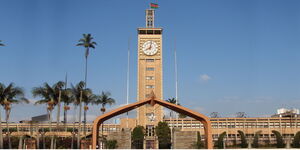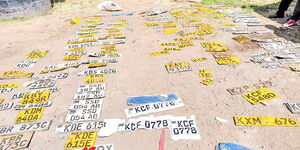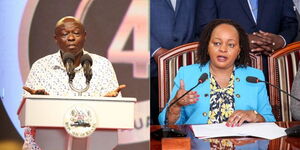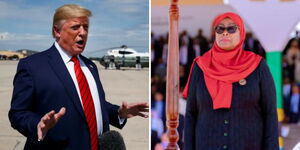Senators gave the Kenya National Bureau of Statistics (KNBS) Director General, Macdonald Obudho, seven days to address the lack of inclusivity at the government institution.
This followed a meeting between the Senate Standing Committee on National Cohesion, Equal Opportunity and Regional Integration and Obudho on Monday, July 14, to address concerns over the representation of Kenya’s diversity in the bureau’s workforce.
The committee, chaired by Marsabit Senator Mohamed Said Chute, specifically interrogated the demographic composition of the bureau’s employees.
Chute directed Obudho to submit, within seven days, a comprehensive gender mainstreaming policy that ensures a gender-responsive work environment, along with documents showing the percentage of youth, men, women, and persons with disabilities employed by KNBS.
Before issuing the directive, the committee had sought clarity on how the bureau reflects national diversity in terms of gender, ethnicity, age, and the inclusion of persons with disabilities (PWDs).
They inquired about measures taken to support the participation of youth, women, and PWDs in its workforce, as well as whether any audits or assessments had been conducted in the last three years to evaluate progress in these areas.
Further concerns over skewed hiring at the bureau were raised after it emerged that KNBS had recently employed staff from five dominant ethnic communities, who already account for more than half of the institution’s workforce.
The committee demanded to know why the recent employment wave had not been distributed to 14 ethnic communities with no representation at KNBS.
In response, Obudho noted that the bureau had adopted proactive recruitment strategies, affirmative action policies, and consistent monitoring and evaluation of its human resource policies.
He also defended the composition of the workforce, stating that KNBS had considered population census data for all ethnic communities during the hiring process.
“We are trying to bring on board other communities as we continue to recruit new staff. Some ethnic communities do not apply, but we are trying to undertake affirmative action to regularise ethnic representation,” Obudho stated.
He further indicated that at least five per cent of KNBS staff comprises persons with disabilities, and that the bureau ensures no more than two-thirds of employees are of the same gender.
“Ethnic representation, gender and disability mainstreaming, and leadership development programmes have also been incorporated to promote a diverse and inclusive environment,” he noted.












